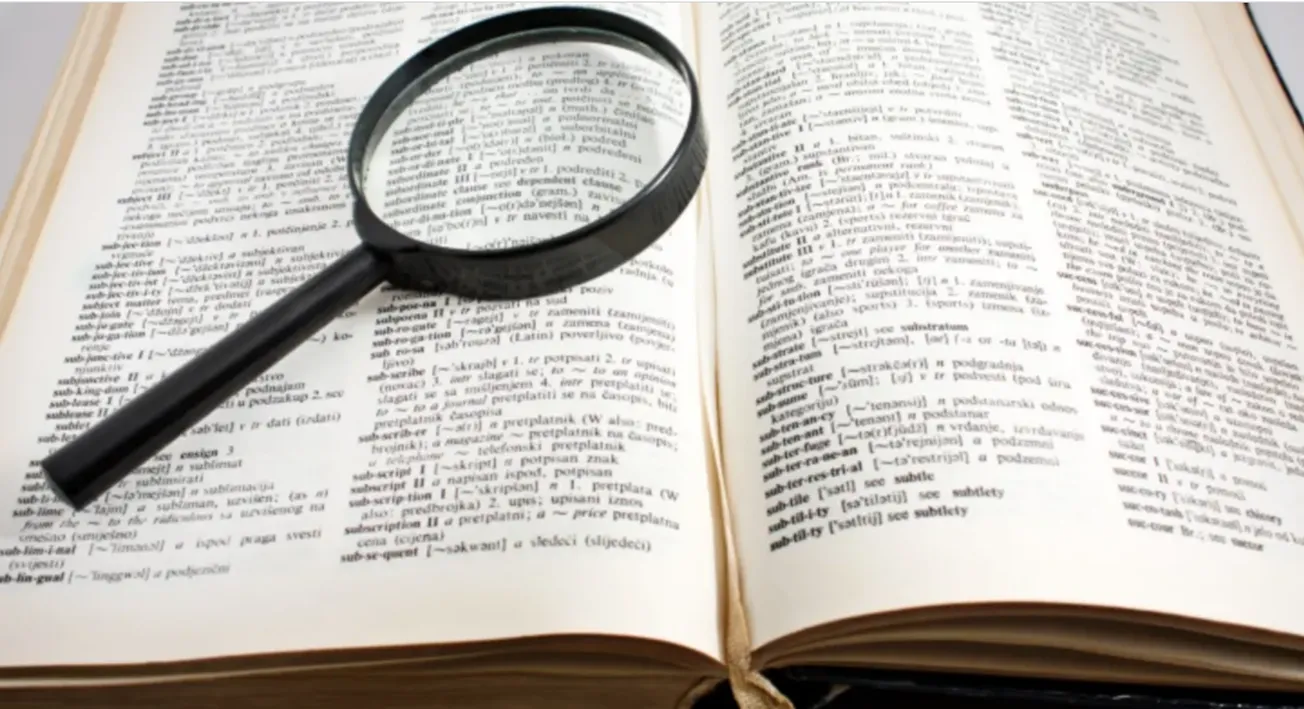Table of Contents
The word for today is…
transpire (verb):
1 : to take place
2a : to become known or apparent
b : to be revealed : come to light
3 : to give off vaporous material specifically : to give off or exude watery vapor especially from the surfaces of leaves
4 : to pass in the form of a vapor from a living body
Source : Merriam -Webster
Etymology : Transpire (based on Latin spirare, meaning “to breathe”) was originally used technically to describe the passage of vapor through the pores of a membrane (such as the skin). From this use developed the figurative sense: “to escape from secrecy” or “to become known.” That sense was used in ambiguous contexts and often meant “to happen” or “to take place.” Sense 1 of transpire is the frequent whipping boy of those who suppose sense 2 to be the only meaning of the word. Sense 1 appears to have developed in the late 18th century; it was well enough known to have been used by Abigail Adams in a letter to her husband in 1775. “There is nothing new transpired since I wrote you last” — Abigail Adams. Noah Webster recognized the new sense in his dictionary of 1828. Transpire was evidently a popular word with 19th century journalists; sense 1 turns up in such pretentiously worded statements as “The police drill will transpire under shelter to-day in consequence of the moist atmosphere prevailing.” Around 1870 the sense began to be attacked as a misuse on the grounds of etymology, and modern critics echo the damnation of 1870. Sense 1 has been in existence for about two centuries; it is firmly established as standard; it occurs now primarily in serious prose, not the ostentatiously flamboyant prose typical of 19th century journalism.
If you enjoyed this BFD word of the day please consider sharing it with your friends and, especially, your children.







